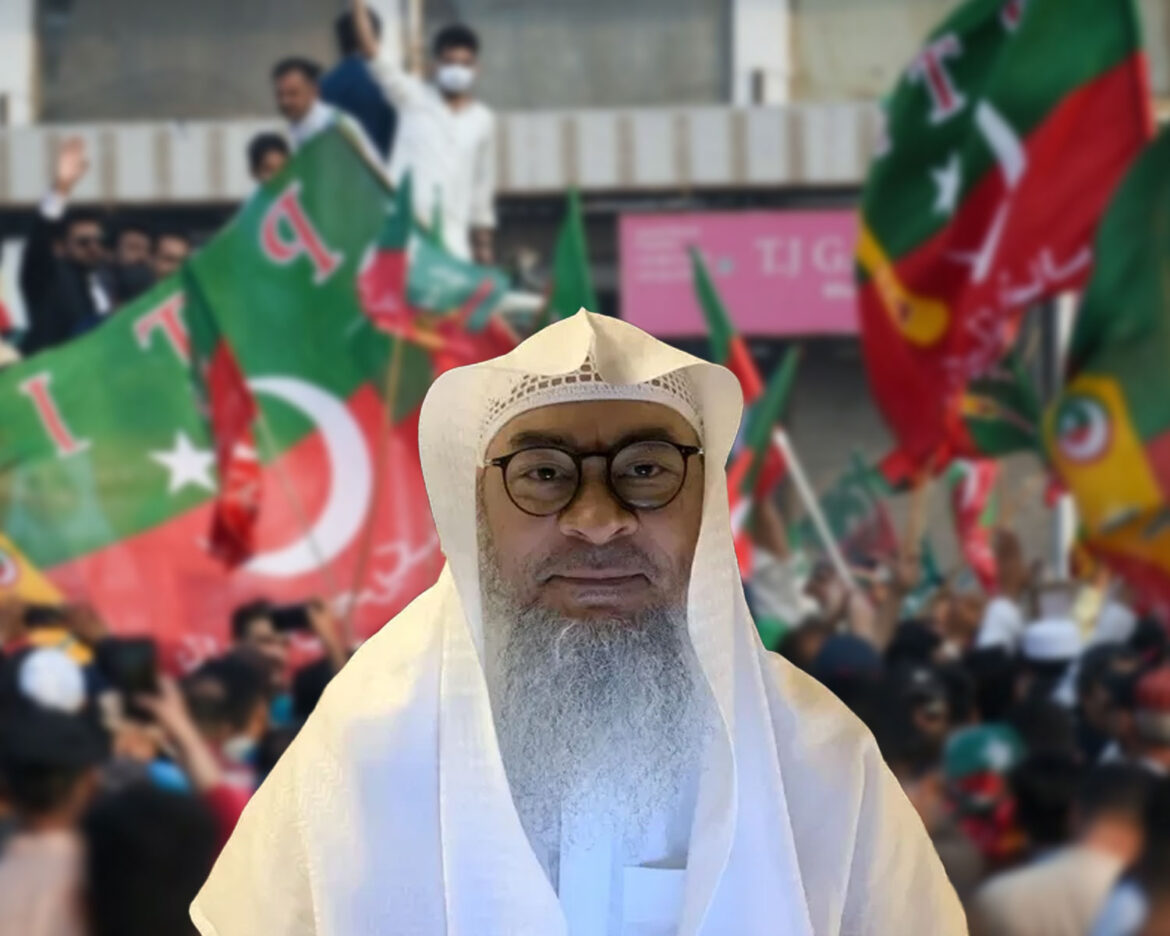Prominent Saudi Islamic scholar, Assim Alhakeem, has ignited a heated debate across social and political platforms with his recent remarks regarding protests against oppressive Muslim rulers. Speaking at a public lecture in Riyadh, Alhakeem emphasized the importance of maintaining respect for established leadership in Muslim-majority countries, even in the face of perceived oppression or injustice.
“Islam teaches us to show patience and avoid rebellion, as long as the ruler does not openly commit acts of kufr (disbelief),” Alhakeem stated. He cautioned against actions that could lead to civil unrest, urging Muslims to prioritize peace and unity in their communities.
However, his statements have sparked a fierce online debate, with critics arguing that Alhakeem’s remarks could potentially justify authoritarian rule and stifle legitimate dissent. Many social media users and political analysts have expressed concern that his views may embolden oppressive regimes, preventing citizens from peacefully protesting for their rights.
On the other hand, some religious scholars have come out in support of Alhakeem’s stance, arguing that Islamic principles demand loyalty to those in power, except in cases of clear corruption or injustice. They assert that his message aligns with the teachings of the Prophet Muhammad (PBUH), who emphasized patience and avoiding unnecessary conflict.
Alhakeem’s comments come at a time when protests have been growing in various parts of the Muslim world, with people taking to the streets to voice opposition to governments they perceive as corrupt, authoritarian, or unresponsive to their needs.
The controversy surrounding the scholar’s remarks highlights the ongoing tension between political activism and religious doctrine in the Muslim world, raising important questions about the role of Islam in shaping political resistance and governance.
As the debate continues to unfold, observers are watching closely to see how religious and political leaders will respond to these provocative comments, and whether they will influence the broader discourse on governance in the Muslim world.



